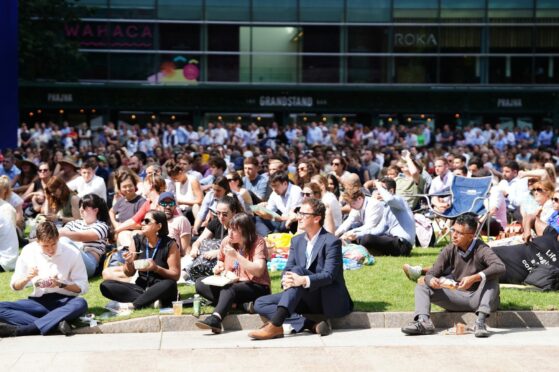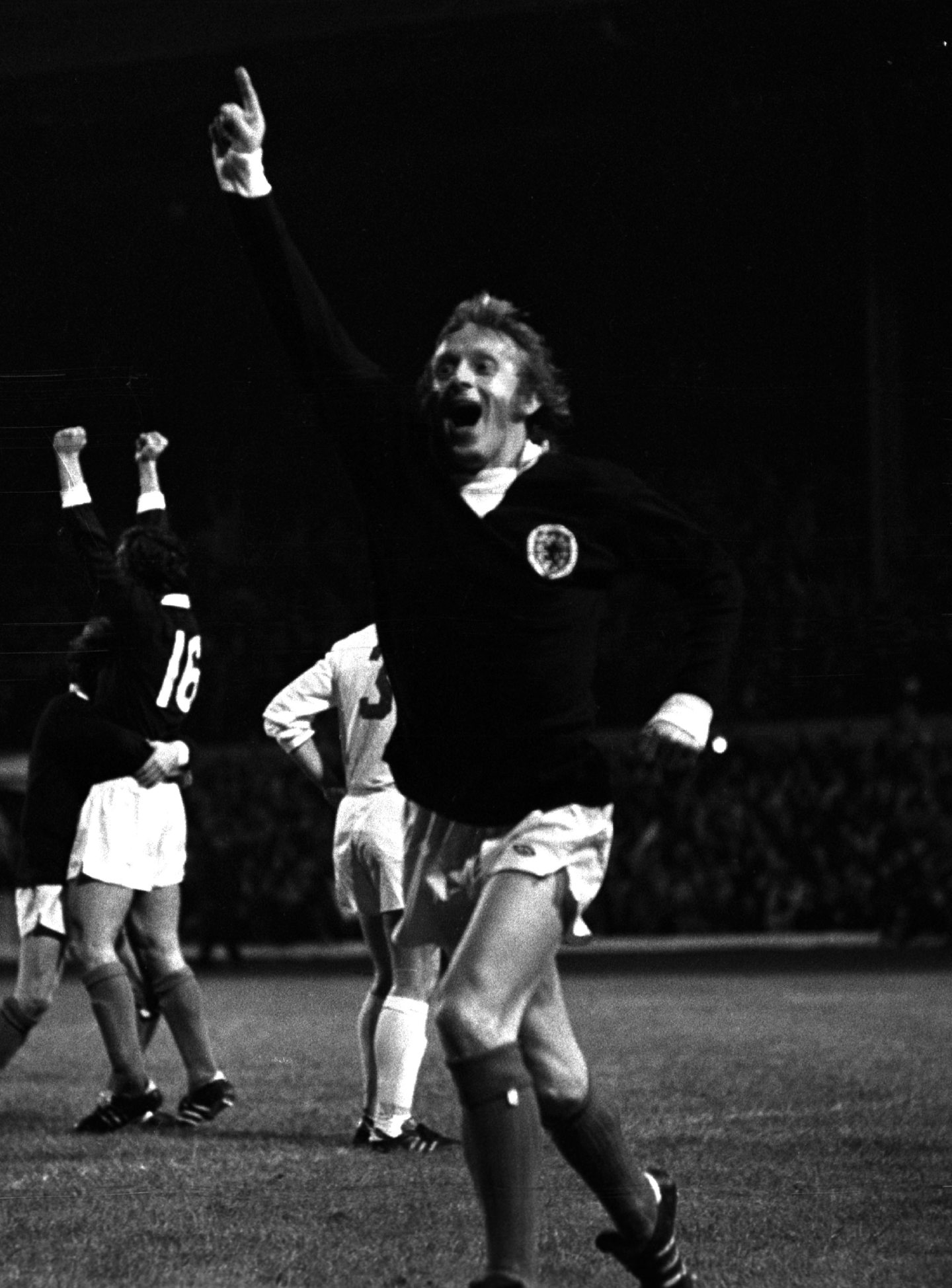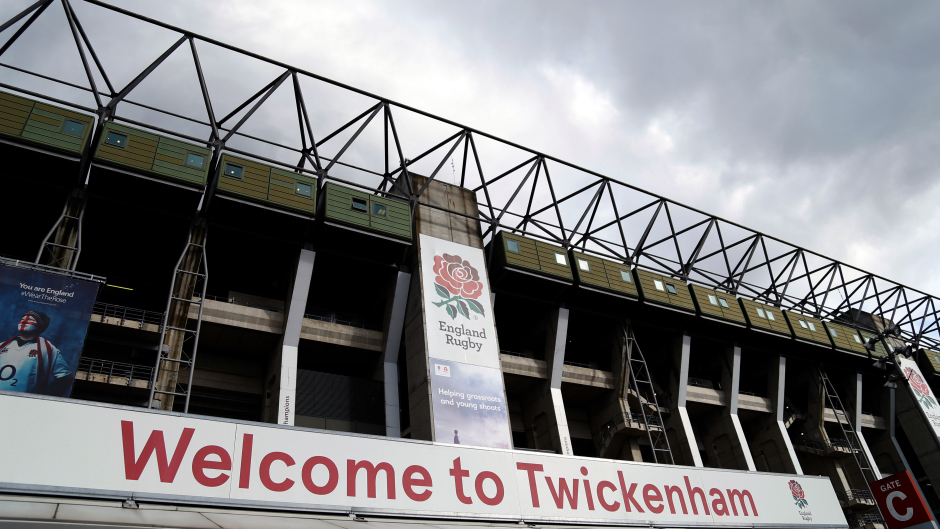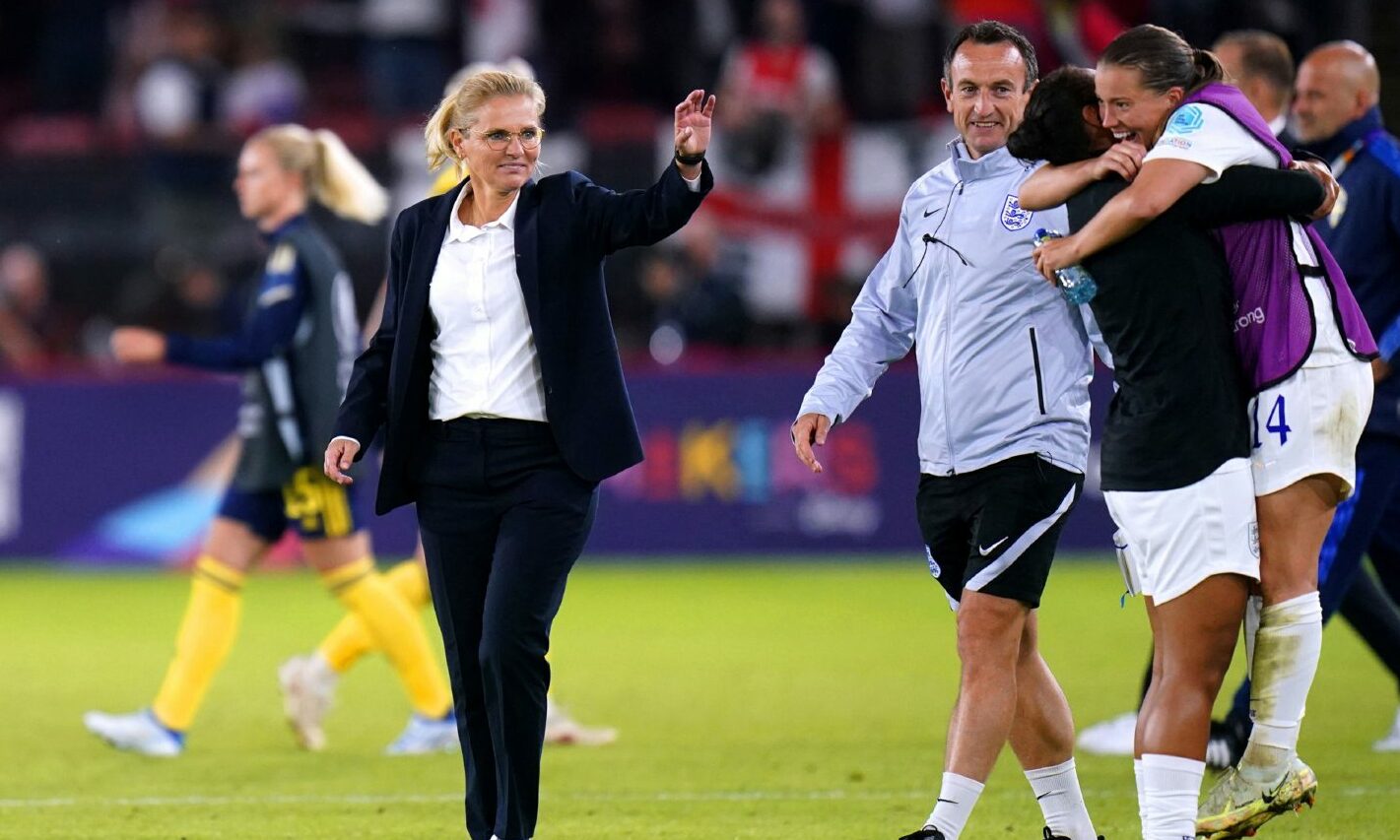The Lawman wasn’t for turning on the day that England reached the World Cup final in 1966. While most other people in England sat down to watch the match on TV or listen to the radio commentary, he skedaddled off to play golf.
By his own admission, Denis Law was “crap” in the realm of Tiger Woods & Co, but he persevered on his own at Chorlton-cum-Hardy in Manchester. Anything was better than football that day and the thought of the English beating Germany and Bobby Moore lifting the hallowed trophy was enough to put off him his rowies for a week.
As the Aberdonian said: “If England won, I knew that I would never hear the end of it from the Manchester United players like Bobby Charlton and, especially Nobby Stiles, and I had already been shunning those b***ers for a while.”
So, off he ventured with his clubs, far from the maddening crowd. And that has summed up the fraught relationship between the Scots and the Auld Enemy when it comes to the thorny subject of patriot games and reacting to major sporting occasions.
Often, the source of the antipathy has been the perceived arrogance and look-at-me prima donnaism of English captains and managers across the sporting gamut. I remember being among the journalists who winced as Gavin Hastings missed a simple penalty during the Rugby World Cup semi-final at Murrayfield in 1991; a lapse which allowed the visitors to scrape a 9-6 win and a Twickenham tussle with Australia.
As we travelled down to the London stockbroker belt the following week, even many of the Scotland players were wearing green-and-gold Wallaby jerseys and hoping, nay praying, that the Swing Low Sweet Charioteers wouldn’t emerge triumphant.
England captain Will Carling, after all, was an easy hate figure for supporters, with some people reckoning that if he was chocolate, he would eat himself. And Twickenham, itself, was a horrible venue, a vast jungle of Range Rovers with rugger chaps and chapettes relishing champagne and kedgeree with their Eton chums.
As it turned out, Carling was a decent lad; the England hooker, Brian Moore, was an intelligent, respectful human being, and much of the vitriol being aimed in their direction was completely undeserved. But most of us were still very relieved when the Aussies edged out their rivals 13-7 and we could stop peeking from behind our fingers.
In recent years, it has been difficult to show the same disdain for English sporting sides, or at least those who have excelled on the international stage in football and cricket.
In the latter sport, Ben Stokes is a larger-than-life Boy’s Own stalwart who impressed everybody he met when he won the BBC Sports Personality of the Year at P&J Live in Aberdeen in 2019. Most of his teammates, including Joe Root, had been generous in defeat to Scotland the previous summer in Edinburgh when the underdogs, captained by the Granite City’s Kyle Coetzer, surged to a hugely unexpected success.
In football, too, Gareth Southgate has been a breath of fresh air at the helm for England, and his condemnation of the horrible racist abuse which some sewer rats on social media doled out to the gifted Bukayo Saka after he missed a penalty during the 2020 Euro final against Italy, was proof positive that his priorities were in the right place.
Yet still, once the dust had settled on that contest, many Scots were mightily relieved that Southgate’s troops had lost. Not because of those actually kicking a ball, but as one former Aberdeen star told me: “Because we would never have heard the end of it for months afterwards and it would have been as if nothing else mattered on the news.”
Which brings us nicely to tomorrow’s Women’s World Cup final in Australia.
In the one corner, there are England’s Lionesses: a pride of thoroughly good eggs who have been in indomitable form under the inspired guidance of manager Sarina Wiegman, who has the sort of record which only The Beatles can top for quality.
Her team have lit up the tournament, but they admitted they were fortunate to scrape past Nigeria in another encounter with a penalty shoot-out climax. In the aftermath, the losing goalkeeper Chiamaka Nnadozie was in tears and visibly distressed, so, rather than celebrating their own achievements, Chloe Kelly and Alex Greenwood immediately rushed towards her and consoled her as if they were all best mates.
Kelly also told a cameraman to stick his lens where the sun doesn’t shine rather than focus on Nnadozie’s anguish and that typified the class of Wiegman’s side.
In the other corner, there is Spain, who have scrapped through the competition and beat Sweden 2-1 in a pulsating semi-final clash with all the goals coming in the last 10 minutes. They are no pushovers, but the Lionesses definitely have the upper claw.
So, for those who normally back the Saltire, is this a time to cheer on England? And celebrate the spectacular rise of the women’s game in the last decade?
Part of me says yes… absolutely. But another adds the reminder: If they win, it will be the lead item on the news, their players will he hyped up to the heavens, we’ll be reminded about it for months and the overkill won’t stop until the next big event. (The fact Scotland would behave exactly the same is irrelevant in these circumstances).
Ultimately, it’s just a game and it shouldn’t matter that much. But excuse me, I think I might fancy booking a round of golf.
Where? Oh, anywhere!





Conversation